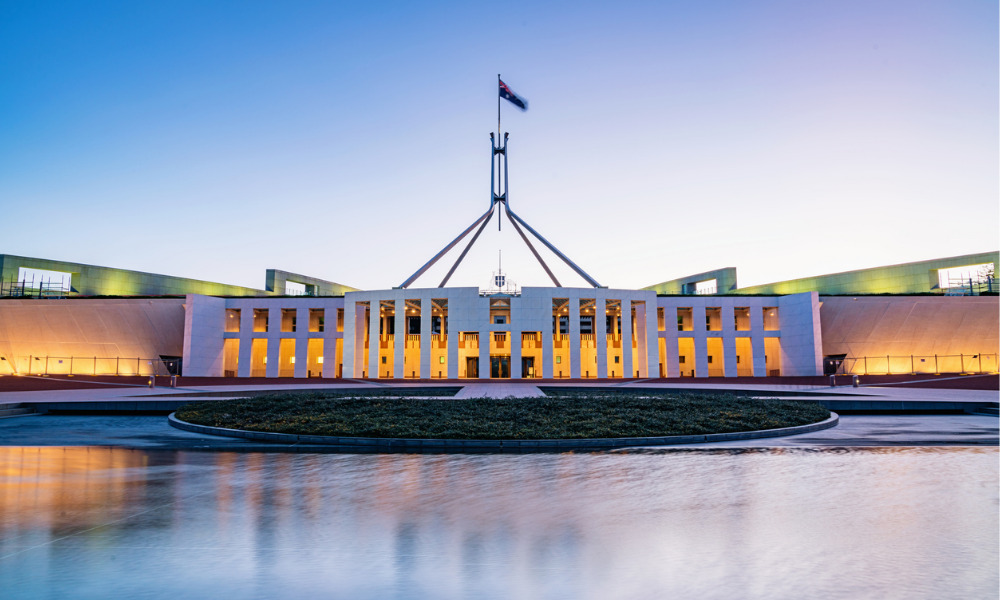
Council president said that the Voice would provide a mechanism for change, addressing power imbalances

The Law Council of Australia has recently issued a statement advising that the proposed Constitutional amendment (Aboriginal and Torres Strait Islander Voice) 2023 to provide for the Aboriginal and Torres Strait Islander Voice to parliament and the executive government is “just and legally sound.”
The Law Council urged that the Constitution alteration that would provide for the Voice be passed in its current form. Law Council president Luke Murphy stated that the Voice would be an advisory body empowered to make representations on matters relating to Aboriginal and Torres Strait Islander peoples.
Murphy added that the Voice would provide a mechanism for change, addressing the power imbalances embedded since the establishment of the Constitution, enabling entrenched dispossession and disadvantage. He emphasised that providing Aboriginal and Torress Strait Islander peoples with a voice to represent their views about how policies, programs and laws would affect them should lead to more informed decision making.
"We continue to support a constitutionally enshrined Voice and believe the proposed amendment responds to the invitation to the Australian public for constitutional reform in the Uluru Statement from the Heart," Murphy said.
Murphy also addressed concerns raised about the impact of the proposed amendment. "Our submission to the Joint Select Committee on the Aboriginal and Torres Strait Islander Referendum has addressed many of the questions raised publicly about the impact of the Constitutional amendment to enshrine the Voice," Murphy commented.
He clarified that the proposed amendment would not give the Voice a veto, law-making power, or the authority to issue commands to parliament. Instead, the proposed amendment would give the Voice the power to make representations, which is not framed as a duty on the executive or parliament to consult the Voice. Parliament can decide whether and when the executive must consider a representation by the Voice. Most instances in which the Voice may make representations, such as policies, programs, and bills' development, will not be justiciable.
Murphy concluded, "Australia has unfinished Constitutional business, and we now have the opportunity to ensure Australia's supreme law substantially recognises Aboriginal and Torres Strait Islander peoples as the original custodians of the land."